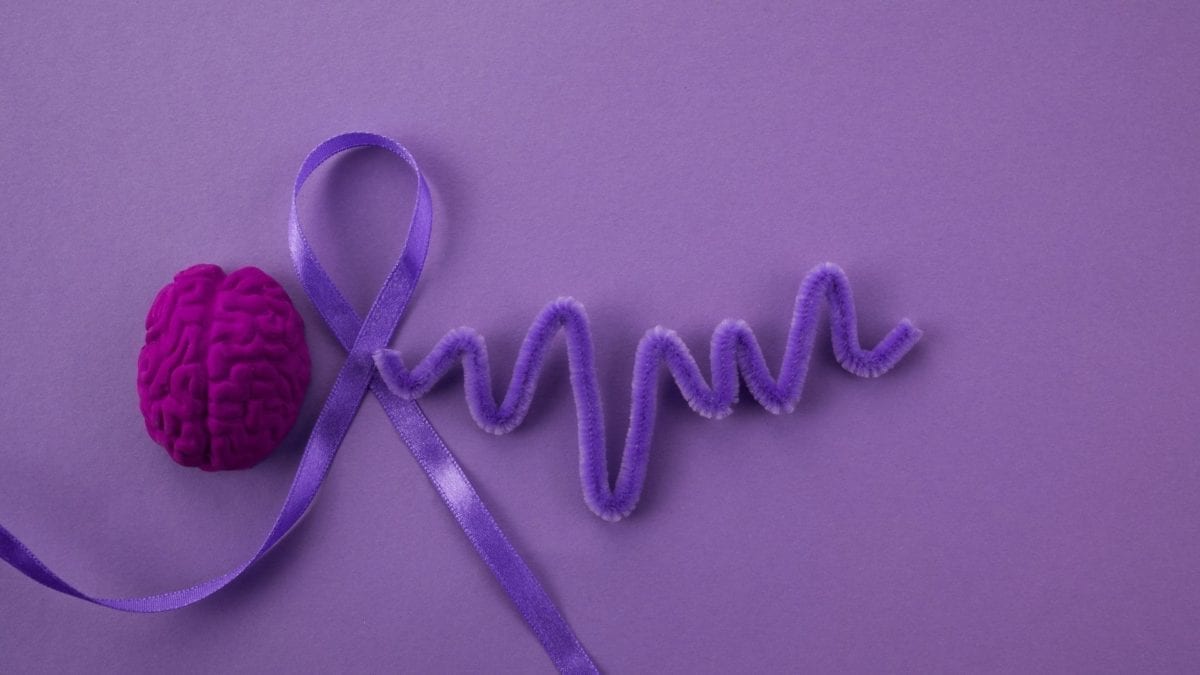Over four decades ago, Mario Puzo gave us, through his The Godfather, an insight into the mind of the socially enabled psychopath. Born in Corleone, a small village in Sicily, that troubled, deprived and violent part of Italy we have learnt to associate closely with the “mafia”, Vito Corleone earned his stripes as a young boy, learning to use the Sicilian gun “the Lupara” with finesse and precision. His flight from Sicily, early years in New York as a humble immigrant, barely managing to make ends meet, and struggling to provide for his young family during the great depression, and his eventual entry into the grey belly of the New York “underworld” after his shrewd murder of a local don, were brought to life most brilliantly by Puzo. Incredibly, the “Godfather” who emerged from these violent beginnings metamorphosed over time into “a reasonable man”, a fact the author takes pain to reiterate several times during the course of the complex tale.
The Mind of the Psychopath: Vito Corleone, the Godfather who emerged from these humble beginnings in Puzo’s novel and went on to occupy a pre-eminent position in the underworld, makes a fascinating case study, one of the finest descriptions of psychopathic personality in popular fiction. The prototypical psychopath has deficits or deviances in some core areas: interpersonal relationships, emotion, and self-control. Psychopaths gain satisfaction through antisocial (or socially deviant) behaviour, and do not experience shame, guilt, or remorse for their actions. A classic trait among psychopaths is the lack of a sense of guilt or remorse for any harm they may have caused others. Instead, the psychopath rationalises his behaviour, blames it on others, or denies it outright. Psychopaths also lack empathy towards others in general, resulting in tactlessness, insensitivity, and contemptuousness. All of this belies their tendency to make a good, likable first impression. Psychopaths have a superficial charm about them, enabled by a willingness to say anything without concern for accuracy or truth. Shallow affect also describes the psychopath’s tendency for genuine emotion to be short lived and egocentric with an overall cold demeanour. Their behaviour is impulsive and irresponsible, often failing to keep a job or defaulting on debts. Psychopaths also have a markedly distorted sense of the potential consequences of their actions, not only for others, but also for themselves. They do not, for example, recognise the inherent risk of being caught, disbelieved or injured as a result of their behaviour.Emotionally, the fundamental traits underlying this personality are an inability to empathise with others, to feel their emotions, to share their love, joy, pain and sorrow in a deep way. Indeed, the emotions that this personality experiences are distinctly shallow and poorly sustained. It is not that the psychopath does not feel emotions; he feels them so fleetingly and his being carried away by them is so transient (albeit intense) that those feelings fail to have any impact on how he perceives and reacts to the emotions of others. In other words, his emotional experience probably has little impact on his emotional learning and development as a human being.
Research has shown that psychopaths have poor perception of the facial emotions others express, and experience difficulties in affect recognition (i.e. gauging the other person’s mood). They also seem to have difficulty in integrating contextual cues in their environment; their perception of an environmental cue is linked to how it relates to goal-relevant environmental information. Put simply, the psychopath fails to perceive environmental cues in the context they are and may thus react inappropriately.
As a consequence, psychopathic personalities may fail to perceive fear in the object of their aggression; fail to recognise his abject submission; and therefore perhaps, fail to tailor their aggression to that which will merely provoke a desired response. In the process, their aggressive reactions may be far in excess of that needed to achieve their ends.Psychopaths also often do not sense right and wrong in conventional ways accepted by society: in other words, they often choose to operate from their own reality framework and do not necessarily fit within the moral and legal framework that we accept as a society. From Al Pacino to Veerappan, Real life examples of “Godfathers”, like Veerappan, have been (with few exceptions) intensely proud men, who are not afraid to write their own rule books; judge right and wrong in their unique ways; seldom appearing to feel, certainly not expressing remorse for their actions, however impactful, including the ending of human life, both of perceived opponents and of their own kith and kin. For example, Puzo’s godfather, in mourning the violent death of his favourite older son, focuses more on his (son’s) inability to control his impulses rather than on his own contribution to the sadness that has visited his family. Curiously, the Godfather’s wife, a devout Christian, is described as fervently praying for his (the Godfather’s) soul and presumably its salvation.
A Reasonable Man: What is fascinating about Puzo’s Godfather is his quality of “reasonableness”, so important for a leader, yet so unusual for a psychopath. Indeed, Vito Corleone is almost statesmanlike in his responses. Highly moralistic in his personal values, he is portrayed as having very strong views about appropriate public behaviour, family honour and sexuality in particular, and is seen to frown on social inappropriateness of any kind. Indeed his second son’s fondness for company with the opposite sex becomes the major reason for the Godfather to summarily reject him, despite having lost his older son to the ravages of his profession. Particular about language and its usage, he reserves his strongest rebuke, “infamita”, to markedly inoffensive situations; even so, it conveys squarely to those around him his displeasure about a person, his statements or actions. That someone so moralistic does not see it amiss to eliminate a rival through murder in cold blood, or indeed coerce a recalcitrant and arrogant movie producer by decapitating his favourite, priceless race horse, leaving the (race horse’s) head in his bedroom for him to wake up beside, experiencing untold terror in the process, exemplifies for us the paradox the Godfather is. Strangely also, throughout the book, the Godfather stands out for his willingness to negotiate; “I will reason with them” is his favourite refrain when confronted with a difficult situation.
The Godfather ParadoxSo if Puzo’s Godfather is a psychopath, what manner of psychopathy does he represent? The primary quality of psychopathy that the Godfather possesses to a great extent appears to be the ability to be ruthless in achieving his own ends. A second psychopathic quality the Godfather exudes is a distorted reality of the impact of his actions; not quite consonant with traditional expectations or social beliefs, nor indeed particularly empathetic. A third, perhaps most striking psychopathic quality the Godfather possesses is his ability to manipulate people and situations rather skilfully. His dispensation of favours is usually with a caveat; that one day, at an appropriate time, the favours will have to be returned. Hesitation to accept or return the Godfather’s favour is viewed with open contempt, suspicion, even derision.
There are, however, several differences. Quite contrary to the typical psychopathic personality, the Godfather’s is a slow to warm, even phlegmatic, temperament, and he does not exude a superficial charm. Nor does he lose control over his emotions at any point in time, whatever the provocation; indeed, he regards the inability to control one’s emotions as being an “animal” quality, unbecoming of a sensible human being. His is also a remarkably sensitive personality; quick to take offence and very perceptive of the moods, emotions and reactions of those around him. His ability to perceive social and emotional cues is highly developed, quite unlike the conventional psychopath who appears oblivious to these. Finally, his almost statesman-like willingness to reason makes him stand out from the conventional image we have of the psychopath as a society. Puzo’s Godfather does, therefore, present us with a paradox; cruel psychopath to some, beloved friend and protector to others; a unique combination of sense and sensibility on the one hand, balanced against latent potential for ruthless violence. Does he then represent the socially enabled psychopath?
Are effective leaders socially enabled psychopaths?
While “goodness” and “greatness” within organisations is determined in large part by their in-built value systems, leaders often have potential to change value systems, goals, performance and outcomes both positively and negatively. In traditional professions and businesses, leadership is often either supervisory or strategic: the former focussing on getting the organisation (or a group within it) to perform effectively; the latter on managing change and uncertainty effectively, positioning the organisation for future growth. While many forms of leadership have been described, “inspirational leadership” has as its focus “the emotional connect” with people’s energies and goals, converting them into effective followers under all circumstances. This form is perhaps predominant in the leader who is a socially enabled psychopath.Effective leadership is often about helping people and organisations achieve the goals they have set for themselves. Engagement in such goal-oriented activity does call for a certain focus; where the goals set achieve primacy over other concerns, for example, those of the ethical or moral kind. In the competitive world of business, for example, the most effective leader is often perceived as the one who “delivers” whatever the means he employs. It is in this environment that the socially enabled psychopath with his unique perceptions of reality, willingness to shift societal norms and expectations to suit his agenda, and most importantly “willingness to reason with his fellow men” using a range of strategies from charming persuasion to latent threat, comes into his own. His “killer instinct”, lack of empathy and inability to experience and empathise excessively with the pathos of his fellow men consequent to his actions, serve him well here. His actions may hurt his fellow men, or be distasteful; but in the rough and tumble modern world we inhabit, the ability to achieve tangible and productive goals profitable to his organisation and to him, without twinges of conscience or feelings of regret, is often advantageous.
The modern-day CEO is, therefore, in many cases, a socially enabled psychopath, effective leaders in business, science, technology, medicine, politics, and religion all exemplifying this “Godfather Paradox”.To label all effective leaders as “socially enabled psychopaths” would clearly be uncharitable to society at large and too much of a generalisation. However, empirical observation does highlight the predominance of aforementioned qualities in various permutations and combinations, among leaders in society, which is curious, to say the least. One may even argue that a certain amount of “social psychopathy” is necessary in order for leaders to succeed, as excessive empathy towards different stakeholders, lack of a personal reality orientation, and inability to “reason” can in many situations be detrimental to the larger cause one represents. Perhaps modern society would eventually deem acceptable a breed of leaders with such “benevolent positive psychopathic traits” without an iota of physical or emotional violence in them. Perhaps, we will as a society, one day, celebrate rather than vilify, “the Godfather Paradox”. Perhaps!



